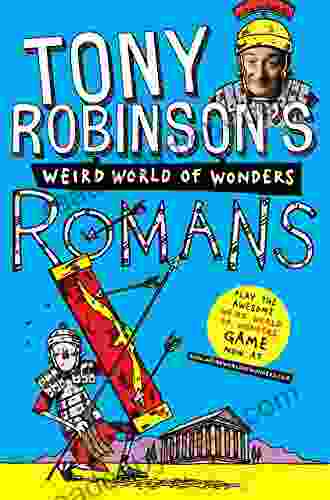Keynes: A Very Short Introduction

Unlocking the Economic Insights of a Genius
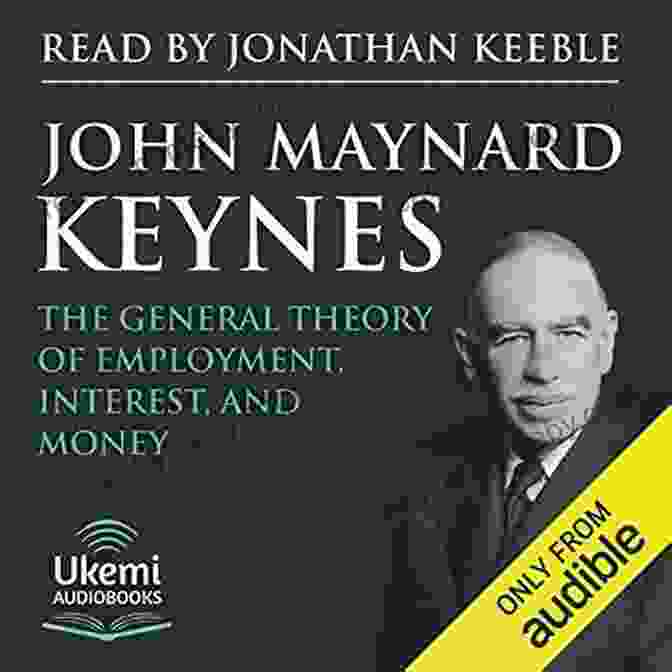
In the realm of economics, the name John Maynard Keynes stands tall as a towering figure whose ideas have profoundly shaped our understanding of economic systems and their impact on societies. Keynes' groundbreaking theories, particularly those outlined in his seminal work The General Theory of Employment, Interest, and Money, have revolutionized the way economists approach macroeconomic issues such as unemployment, inflation, and economic growth.
4.3 out of 5
| Language | : | English |
| File size | : | 520 KB |
| Text-to-Speech | : | Enabled |
| Enhanced typesetting | : | Enabled |
| Print length | : | 209 pages |
| Lending | : | Enabled |
| Screen Reader | : | Supported |
In this comprehensive article, we will delve into the life and work of John Maynard Keynes, exploring the key concepts of Keynesian economics and their enduring influence on the global economy. We will also examine the criticisms and debates surrounding his theories, providing a balanced perspective on this influential economic thinker.
The Life and Career of John Maynard Keynes
John Maynard Keynes was born in Cambridge, England, in 1883. From an early age, he displayed a brilliant mind and a keen interest in mathematics and economics. He studied at Eton and King's College, Cambridge, where he excelled in his studies and became a member of the prestigious Cambridge Apostles, a society known for its intellectual discussions and debates.
After graduating from Cambridge, Keynes worked as a civil servant in the India Office and later as a journalist and editor for The Economist. During this time, he developed his economic ideas and became a vocal critic of the prevailing classical economic theories. In 1919, he published his first major work, The Economic Consequences of the Peace, in which he argued that the harsh reparations imposed on Germany after World War I would have disastrous economic consequences.
Keynes' most significant contribution to economic thought came in 1936 with the publication of The General Theory of Employment, Interest, and Money. In this groundbreaking work, he challenged the classical view that the economy would naturally move towards full employment and instead argued that aggregate demand, or the total spending in an economy, plays a crucial role in determining the level of economic activity.
Keynes' theories had a profound impact on economic policymaking during the Great Depression of the 1930s. His ideas provided a framework for governments to intervene in the economy through fiscal policy, such as tax cuts or government spending, and monetary policy, such as lowering interest rates, to stimulate aggregate demand and promote economic recovery.
Key Concepts of Keynesian Economics
The core of Keynesian economics lies in the concept of aggregate demand. Keynes argued that the level of economic activity in an economy is determined by the total spending of all sectors, including households, businesses, and the government. When aggregate demand is high, the economy tends to experience growth, low unemployment, and inflation. Conversely, when aggregate demand is low, the economy can fall into recession or depression, leading to high unemployment and deflation.
Keynes also emphasized the importance of effective demand, which refers to the portion of aggregate demand that actually translates into production. He argued that businesses may choose to save or hoard money rather than investing in production, which can lead to a shortfall in effective demand and economic stagnation.
To address these issues, Keynes advocated for government intervention in the economy through fiscal and monetary policies. Fiscal policy involves the use of government spending and taxation to influence aggregate demand. For example, during an economic downturn, the government can increase spending or cut taxes to stimulate demand and promote economic recovery.
Monetary policy, on the other hand, involves the use of interest rates and other tools by the central bank to influence the cost and availability of money in the economy. By lowering interest rates, the central bank can encourage businesses to invest and consumers to borrow and spend, thereby increasing aggregate demand.
Impact and Legacy of Keynesian Economics
Keynesian economics had a profound impact on economic policies around the world, particularly during the post-World War II era. Many governments adopted Keynesian principles to promote economic growth and stability. The theories also influenced the development of international economic institutions such as the International Monetary Fund (IMF) and the World Bank.
However, Keynesian economics has also faced criticism and debates. Some economists argue that Keynesian policies can lead to excessive government spending and inflation. Others contend that Keynesian models are too simplistic and do not adequately account for the complexity of real-world economies.
Despite these criticisms, Keynesian economics remains a significant body of thought that has shaped our understanding of macroeconomic phenomena. Keynes' insights into the role of aggregate demand, effective demand, and government intervention continue to influence economic policies and debates today.
John Maynard Keynes was a brilliant economist whose ideas transformed the way we think about economic systems and their impact on societies. His groundbreaking theories, particularly those outlined in The General Theory of Employment, Interest, and Money, provided a framework for understanding economic fluctuations and developing policies to address them.
While Keynesian economics has faced criticism and debates, its core principles continue to influence economic policies and discussions. Keynes' legacy lies in his profound insights into the complexities of economic systems and his belief that government intervention can play a crucial role in promoting economic growth and stability.
4.3 out of 5
| Language | : | English |
| File size | : | 520 KB |
| Text-to-Speech | : | Enabled |
| Enhanced typesetting | : | Enabled |
| Print length | : | 209 pages |
| Lending | : | Enabled |
| Screen Reader | : | Supported |
Do you want to contribute by writing guest posts on this blog?
Please contact us and send us a resume of previous articles that you have written.
 Book
Book Novel
Novel Page
Page Chapter
Chapter Text
Text Story
Story Genre
Genre Reader
Reader Library
Library Paperback
Paperback E-book
E-book Magazine
Magazine Newspaper
Newspaper Paragraph
Paragraph Sentence
Sentence Bookmark
Bookmark Shelf
Shelf Glossary
Glossary Bibliography
Bibliography Foreword
Foreword Preface
Preface Synopsis
Synopsis Annotation
Annotation Footnote
Footnote Manuscript
Manuscript Scroll
Scroll Codex
Codex Tome
Tome Bestseller
Bestseller Classics
Classics Library card
Library card Narrative
Narrative Biography
Biography Autobiography
Autobiography Memoir
Memoir Reference
Reference Encyclopedia
Encyclopedia Kristie Robin Johnson
Kristie Robin Johnson Noret Flood
Noret Flood L Michele Issel
L Michele Issel Michael Pedretti
Michael Pedretti T Jefferson Parker
T Jefferson Parker Marcus Tomlinson
Marcus Tomlinson Moritz Fink
Moritz Fink Lisa Anne Curlin
Lisa Anne Curlin Misba
Misba Taylor Lee
Taylor Lee Samra Habib
Samra Habib Rick Gurnsey
Rick Gurnsey Patricia Buckley Ebrey
Patricia Buckley Ebrey Kythera Of Anevern
Kythera Of Anevern Thaylane R Ramos
Thaylane R Ramos Hitomi Shida
Hitomi Shida Paul Russell Garrett
Paul Russell Garrett Novak Djokovic
Novak Djokovic Tommaso Astarita
Tommaso Astarita Nika Hennes
Nika Hennes
Light bulbAdvertise smarter! Our strategic ad space ensures maximum exposure. Reserve your spot today!

 James GrayEmpower Your Music Education Career: Master the National Board Certification...
James GrayEmpower Your Music Education Career: Master the National Board Certification...
 Mike HayesPhilosophical Writings Beauvoir: Delving into the Existentialist and Feminist...
Mike HayesPhilosophical Writings Beauvoir: Delving into the Existentialist and Feminist... Jaden CoxFollow ·7.8k
Jaden CoxFollow ·7.8k Guy PowellFollow ·10.4k
Guy PowellFollow ·10.4k Truman CapoteFollow ·16.2k
Truman CapoteFollow ·16.2k Joshua ReedFollow ·8.6k
Joshua ReedFollow ·8.6k Corey HayesFollow ·6.3k
Corey HayesFollow ·6.3k Joseph FosterFollow ·6k
Joseph FosterFollow ·6k Kevin TurnerFollow ·13.2k
Kevin TurnerFollow ·13.2k James GrayFollow ·15.3k
James GrayFollow ·15.3k
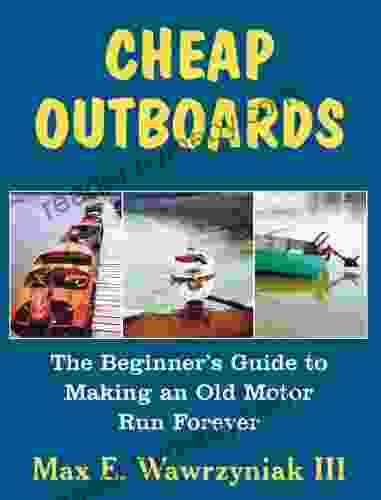
 Wayne Carter
Wayne CarterThe Beginner's Guide to Making an Old Motor Run Forever
If you're like most...

 Deacon Bell
Deacon BellNepali Adventure: Kings and Elephant Drivers,...
In the heart of the...
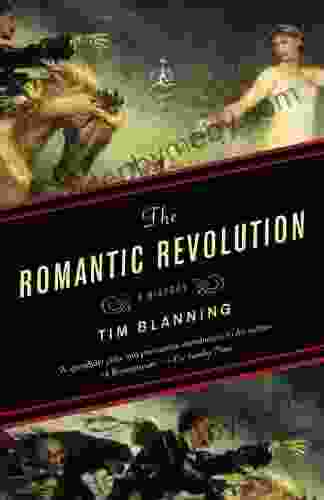
 Carlos Drummond
Carlos DrummondThe Romantic Revolution: A Journey Through History and...
Unveiling the...

 Kazuo Ishiguro
Kazuo IshiguroUnlock Your Inner Innovator: Dive into the New Wave...
Embark on a Transformative Journey of...
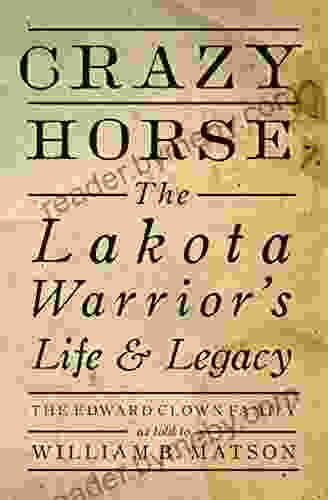
 William Golding
William GoldingCrazy Horse: The Lakota Warrior's Life and Legacy
In the annals of Native...

 Hector Blair
Hector BlairMildred and Richard Loving: The Inspiring Story of...
Mildred and Richard Loving were an...
4.3 out of 5
| Language | : | English |
| File size | : | 520 KB |
| Text-to-Speech | : | Enabled |
| Enhanced typesetting | : | Enabled |
| Print length | : | 209 pages |
| Lending | : | Enabled |
| Screen Reader | : | Supported |



